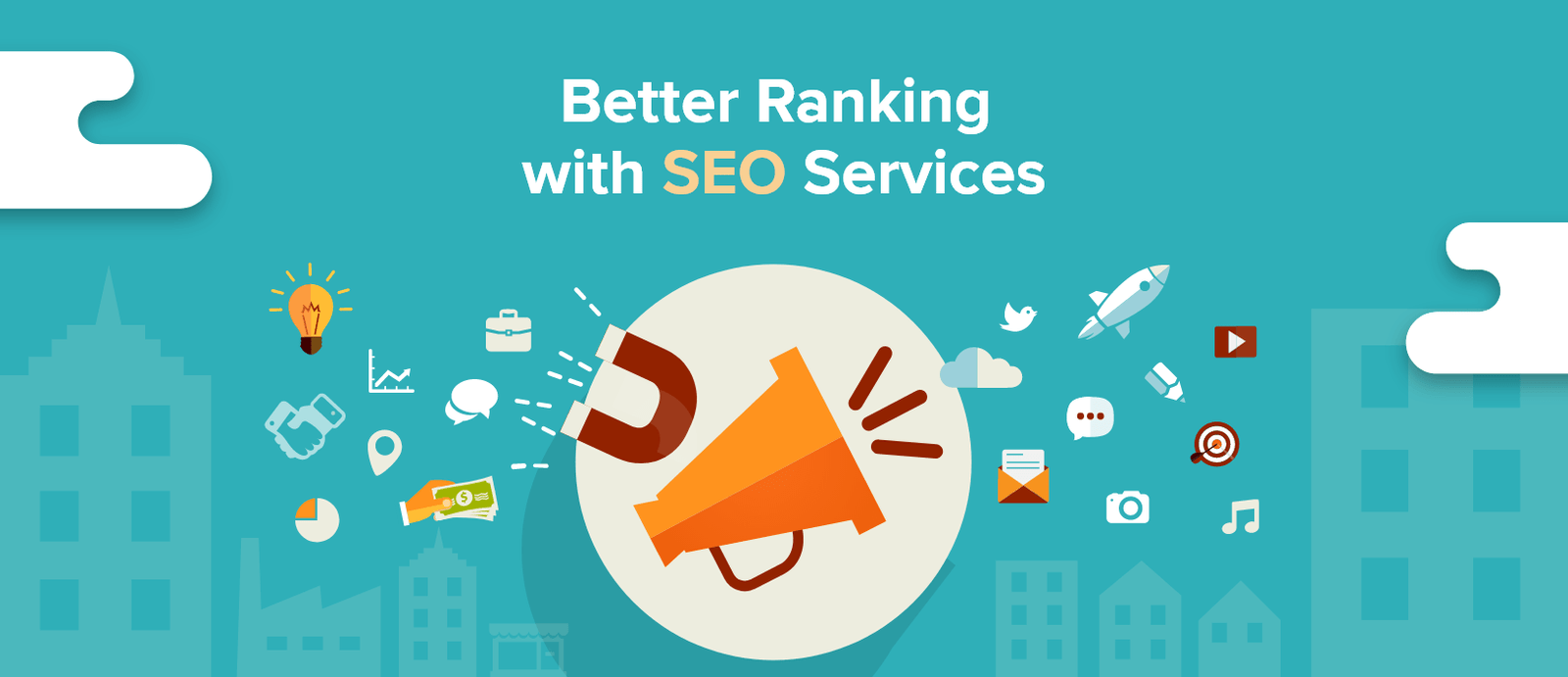Pay-per-click (PPC) advertising is a digital marketing strategy that allows businesses to display their ads on various online platforms and pay only when a user clicks on their ad. It is a popular advertising model used by businesses of all sizes to drive targeted traffic to their websites and increase conversions. Like any marketing method, PPC advertising has its own set of advantages and disadvantages. In this article, we will provide a comprehensive analysis of the advantages and disadvantages of PPC advertising.
Introduction
PPC advertising offers businesses the opportunity to reach their target audience directly and generate instant visibility. Understanding the advantages and disadvantages of this advertising model is crucial to making informed decisions about allocating marketing budgets. Let’s explore the comprehensive analysis of the advantages and disadvantages of PPC advertising.
Advantages of PPC Advertising

Immediate Results
One of the major advantages of PPC advertising is the ability to achieve immediate results. Unlike other marketing methods that require time for organic traffic growth, PPC ads start driving targeted traffic as soon as the campaign goes live. This makes PPC ideal for businesses looking for quick visibility, especially during product launches or promotional campaigns.
Targeted Reach
PPC advertising allows businesses to target their ads to specific demographics, locations, devices, and even interests. This level of targeting ensures that the ads are shown to the right audience, increasing the chances of attracting potential customers. Targeted reach maximizes the efficiency of the advertising budget by focusing on the most relevant audience segments.
Control Over Budget
PPC advertising provides businesses with complete control over their advertising budget. Advertisers can set daily or monthly budgets, bid amounts for keywords, and adjust spending based on performance. This control allows businesses to optimize their campaigns and allocate resources where they are most effective, ensuring efficient use of the advertising budget.
Measurable and Trackable
PPC advertising provides detailed metrics and performance data that can be tracked and analyzed. Advertisers have access to key metrics such as impressions, clicks, click-through rates (CTR), conversions, and return on investment (ROI). This data allows businesses to measure the effectiveness of their campaigns, identify areas for improvement, and make data-driven decisions to optimize their advertising strategies.
Flexibility and Customization
PPC platforms offer a high degree of flexibility and customization options. Advertisers can create and modify ad copy, landing pages, and targeting parameters to align with specific marketing goals. This flexibility enables businesses to test different ad variations, target different keywords, and refine their campaigns based on performance insights.
Disadvantages of PPC Advertising
Costly
While PPC advertising offers immediate results, it can be a costly marketing method, especially in highly competitive industries. Popular keywords often come with high bid prices, and the cost per click (CPC) can quickly add up. Businesses need to carefully manage their budgets and monitor campaign performance to ensure a positive return on investment.
Requires Ongoing Optimization
PPC advertising requires ongoing optimization to maintain and improve campaign performance. Advertisers need to continuously monitor and adjust keyword bids, ad copy, landing pages, and targeting parameters to maximize results. Optimization efforts can be time-consuming and require a solid understanding of the PPC platform and its features.
Click Fraud
Click fraud is a significant concern in PPC advertising. It refers to illegitimate clicks on ads, either generated by competitors or automated bots, with the intention to exhaust the advertiser’s budget or manipulate campaign performance. While PPC platforms have measures in place to detect and prevent click fraud, it remains a potential risk that can impact campaign effectiveness and budget allocation.
Ad Blindness
Internet users are becoming increasingly ad-savvy, leading to ad blindness. Users may ignore or mentally filter out ads, reducing their visibility and click-through rates. Advertisers need to develop compelling and relevant ad content to combat ad blindness and capture users’ attention effectively.
Limited Organic Search Benefits
Unlike search engine optimization (SEO), where organic rankings can drive consistent traffic over time, PPC advertising has limited benefits for organic search. Once a PPC campaign is paused or the budget is exhausted, the visibility and traffic generated by the ads cease. This highlights the importance of combining PPC with other marketing strategies, such as SEO, to achieve a balanced and sustainable online presence.
Conclusion
PPC advertising offers numerous advantages, including immediate results, targeted reach, budget control, measurability, and customization. However, it also presents challenges such as cost, ongoing optimization requirements, click fraud risks, ad blindness, and limited organic search benefits. Businesses must carefully consider these factors and align them with their marketing goals and budgetary constraints to make informed decisions about incorporating PPC advertising into their overall marketing strategies.
FAQs
Answer: PPC advertising can be beneficial for businesses of all sizes and industries. However, the suitability of PPC advertising depends on factors such as marketing goals, target audience, competition, and budget. It is essential to assess these factors and conduct thorough keyword research before implementing a PPC campaign.
Answer: PPC advertising budgets vary widely depending on the industry, target audience, and competitiveness of keywords. It is advisable to start with a smaller budget and gradually increase it based on campaign performance and ROI. Continuous monitoring and optimization help ensure that the allocated budget is being utilized effectively.
Answer: To combat click fraud, PPC platforms have built-in fraud detection systems that monitor and filter suspicious clicks. Advertisers can also implement additional measures such as click fraud monitoring tools, IP address filtering, and ad click verification services. Regular monitoring of campaign performance and analysis of click patterns can help identify potential click fraud.
Answer: To overcome ad blindness, it is crucial to create compelling and relevant ad content that captures users’ attention. A/B testing different ad variations, utilizing eye-catching visuals, crafting persuasive copy, and ensuring ad relevance to the target audience can help increase ad visibility and click-through rates.
Answer: Combining PPC advertising with other marketing strategies, such as SEO, content marketing, and social media marketing, can yield better results. Integrated marketing approaches help diversify online visibility, improve brand recognition, and create a holistic online presence. It is important to align PPC advertising with other marketing efforts to maximize overall marketing effectiveness.




Leave a Review